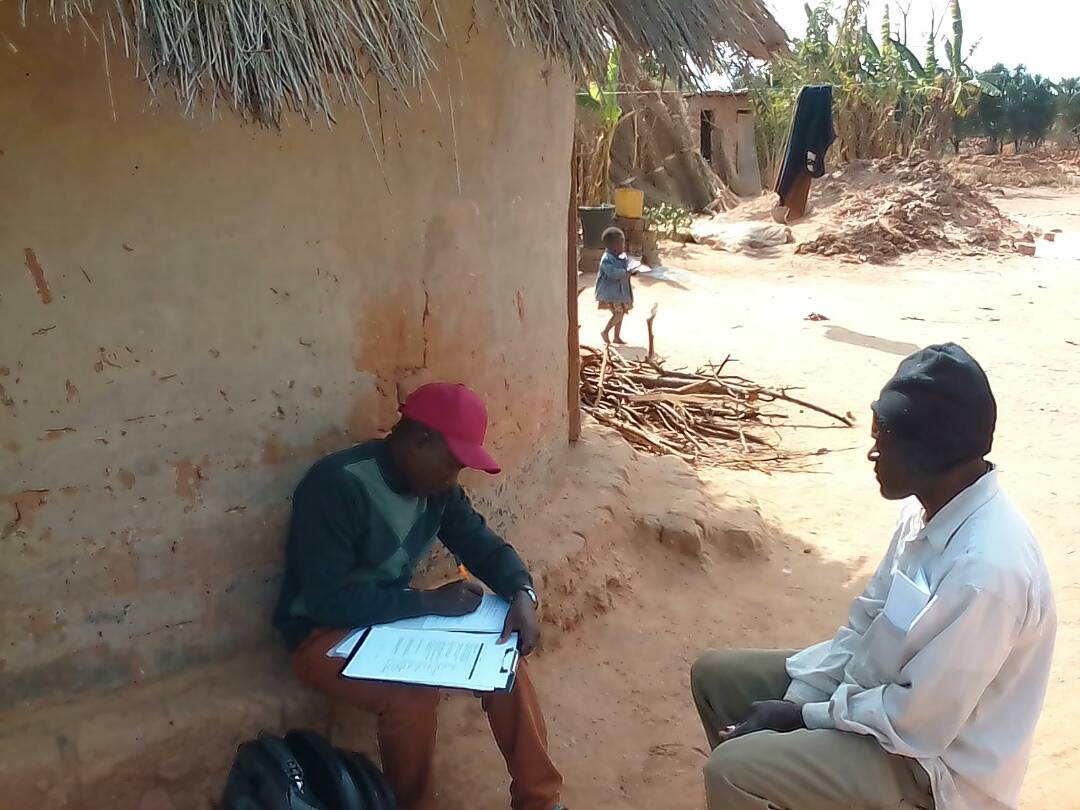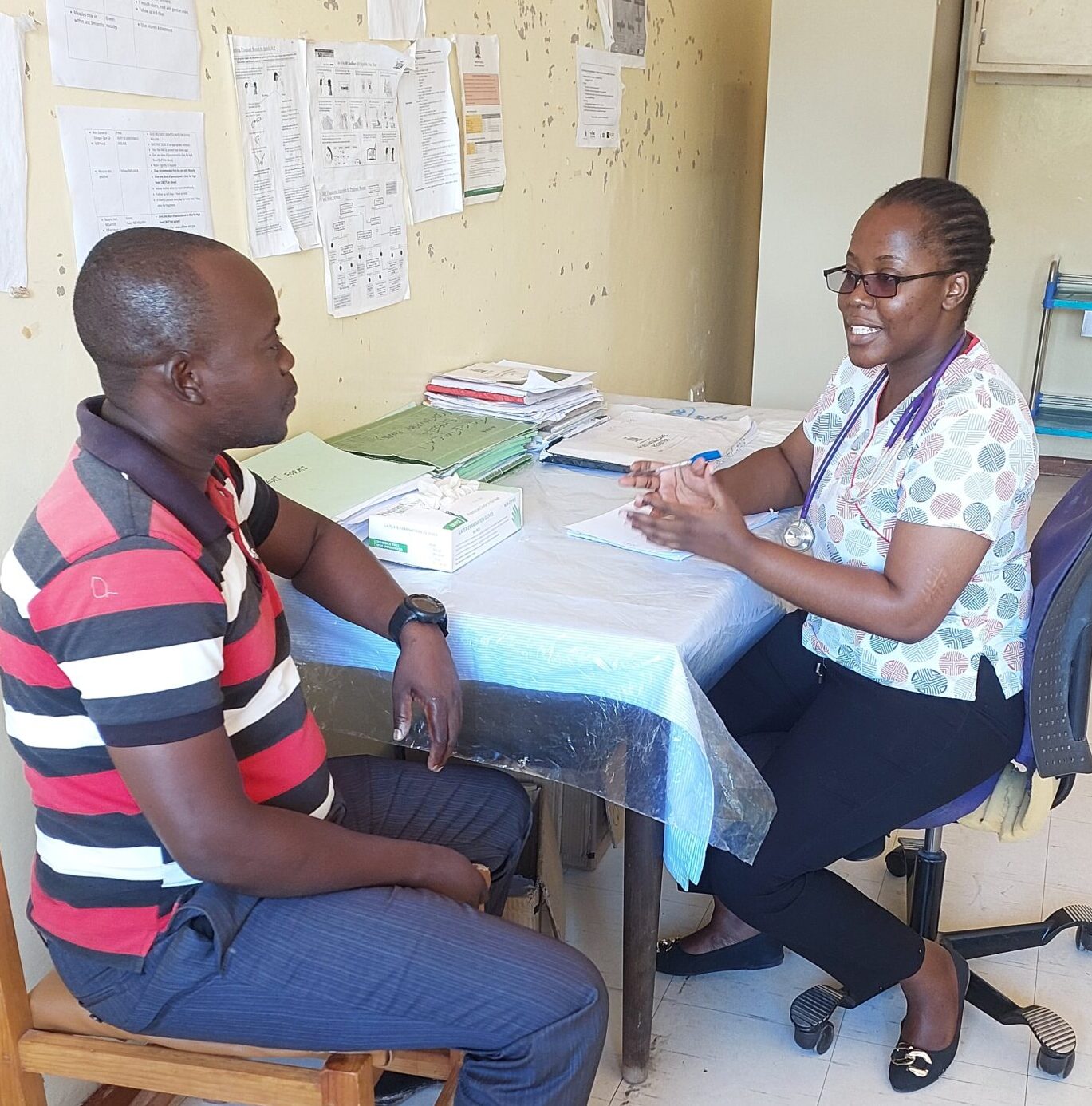Brian’s life has been a challenging journey since being diagnosed with HIV many years ago. However, in 2019, he made a conscious decision to take control of his health. Committed to his antiretroviral (ARV) medication, he attended clinical visits and began leading a healthier life. Brian couldn’t shake the feeling that something was wrong despite these positive strides.
The telltale signs were hard to ignore – his abdomen was swollen, he lost muscle mass, and his family noticed a yellowing of his eyes. Struggling to continue his work as a day labourer, Brian sought help at the HIV clinic near his home. A doctor referred him to a specialised “hepatitis clinic” at the University Teaching Hospital (UTH). Brian went to the clinic, where he was tested for hepatitis B (HBV) and C (HCV). His HBV test came back positive¸ and further exams a serious liver problem. The heartening news was that his ARV treatment had effectively controlled his HIV, with the viral load undetectable. However, the same could not be said for his HBV, which was running rampant with a viral load of 170,000,000 IU/ml, the maximum reading on the testing machine.
The hepatitis doctors made critical adjustments to Brian’s ARV regimen and prescribed medication to reduce the abdominal swelling. Six months later, Brian felt much better. He had returned to work, the abdominal swelling was no longer noticeable, and he felt energised. Most importantly, his HBV viral load was now undetectable.
The significance of Brian’s case extended far beyond his personal triumph. In Zambia, it served as a catalyst for HIV experts to acknowledge HBV as a formidable coinfection, urging them to prioritize testing for HBV in populations affected by HIV. It also demonstrates the potential synergy between HIV and HBV treatment and prevention through the use of tenofovir-based antiviral therapy.
As Brian continued his journey, he felt incredible knowing that by adhering to his ARVs, he was keeping both HIV and HBV under control. His story is an example of the progress that can be achieved when two challenges are confronted with a unified approach.
Accelerating the Hepatitis B response in Zambia (ACCELERATE)
Grantee: Hospital HIV AIDS Programme (UTH-HAP)
(UTH-HAP) started a “training of trainers” programme on hepatitis as Zambia had very few public health or clinical leaders prepared to train other health workers on viral hepatitis. At the end of this project, 31 doctors were certified as hepatitis expert trainers. Before this programme, there were only five doctor experts in hepatitis in Zambia, making it virtually impossible to treat all the people in need.
UTH-HAP has also worked with hospital leadership to ensure the decentralization of testing to various points and the orientation of nurses to offering tests. More service delivery points, such as antenatal, sexually transmitted infection (STI) and antiretroviral therapy (ART) clinics and sites doing HIV testing, are now integrating hepatitis into their routine services. When kits are available, hepatitis testing can now be offered at any service delivery point by a trained provider.
Photo credit: Antoine Plüss.


